Let’s talk about anxiety and depression. First off, I hate labels. Labels of course are useful to have an agreed upon definition so we can use the same language for healthcare purposes. But, I never want people to identify too much with the label of “I have ___.” It doesn’t serve us well to attach ourselves to that. It can be validating for some, debilitating for others.
It is difficult to honor the complexity of mental health and the full spectrum on which it resides with these labels. They just have trouble capturing the full situation. Don’t get me wrong - it's tempting to compartmentalize these conditions and slap easy labels on them. Our brains love black and white. Just keep in mind that mood falls on and spectrum, is meant to have fluctuations because #life and #human. We use those terms to describe situations where the level of symptoms are persistent and have a significant impairment in your life - whether it's how you feel about yourself, relationships, work or fun.
Anxiety and depression frequently run together - up to 75% of people who carry one diagnosis have elements of both, so I frequently talk about them together. Living with anxiety and depressive disorders can be isolating if you are not seeking help or lack a support system. Right when it is the most tempting to isolate yourself is when you need to reach out the most. Don’t let your brain fool you into thinking “maybe things will get better if I just wait it out.”
Some things to watch out for:
Frequently expecting the worst in scenarios
Overthinking, obsessive thoughts
Not getting restful, enough or too much sleep
Changes in appetite
Not getting a sense of enjoyment from things you would typically enjoy
Wanting to stay in and isolate
Comparing yourself to others
Difficulty forgiving yourself when you make mistakes
Feeling mentally and physically 'sick' a lot with no particular reason why
You can think of anxiety as a worry signal to the brain that activates the body’s natural “fight or flight” side of the nervous system even though we aren’t actually truly in danger at the moment. So anything that sends a “Everything’s okay. I am safe.” signal to the body can calm it. These activities can work preventively (think training your nervous system) or in the moment.
There are many things that can send this “everything’s okay” signal, but two big categories that give you the biggest “bang for their buck” are focusing on breathing and managing your thoughts.
Breath - seems simple right. Well we all tend to breathe more shallowly than we should. Stop (go to the restroom if you need to; remove yourself from an environment) and count your breaths in through your nose and out through your mouth – in for five, out for five, five times in a row. Can you do that five times per day? 5-5-5-5 Tack it onto something you already do to make it easier - before you get out of bed, before each time you eat, before you go to sleep. Every time you stop at a stop light, use it as a reminder to stop and breathe. : )
Thoughts - Do you even know what you are thinking about? Lol. Sometimes I don’t! Those thoughts come quickly. How often are you thinking about something in the past or in the future? Practice focusing on the present. When we can do this without judging how we feel and what we think, it can be such a liberating and healthy practice. When you hear all the hype about mindfulness, this is what they are talking about. Studies show that getting in-tune with ourselves through mindfulness slashes anxiety and depression, helps us see ourselves in a truer light, and may even help keep our minds from wandering.
And when it comes to managing those thoughts directed at yourself, how often do you speak to yourself in a positive manner? Are you a “mean girl”? Are you a positive, wise coach that sees the best in you and all your potential?
Positive versus negative talk can be the difference between soothing or triggering feelings of anxiety and depression.
So what can I think at the moment? Many people find it helpful to have a “mantra” of sorts that gives them comfort...All is well, I am fine, Peace - whatever you connect with. Try repeating positive affirmations to yourself in the mirror in the morning as an intention for the day. Even if you feel silly, it works. Also do this when you feel yourself start to spiral. You can do this and check your blood pressure and pulse a few minutes later, and it’s amazing how calm your body can be...physically and emotionally.
No one thing is meant to erase anxiety and depression - if only life were that easy! But we can do things to help make it feel smaller and more manageable. If you’re ready to talk with your doctor about anxiety and depression, schedule an appointment and create a plan to start controlling your anxiety/depression so it doesn’t control you.
What’s your mantra to reduce anxiety and depression?


